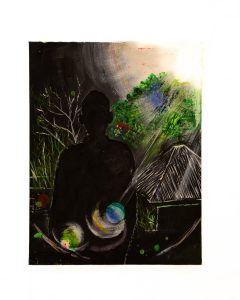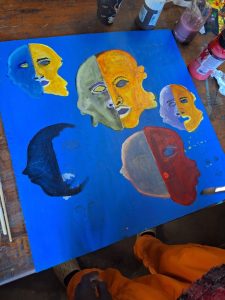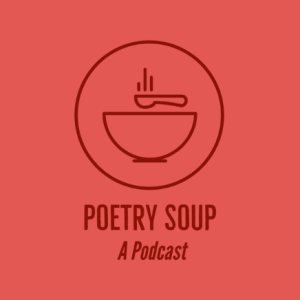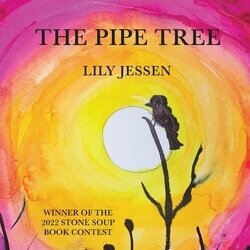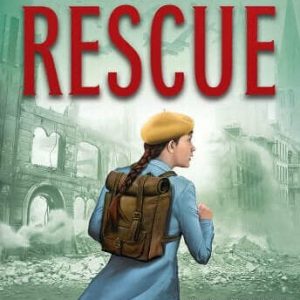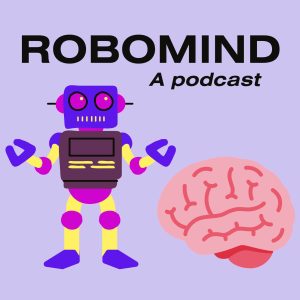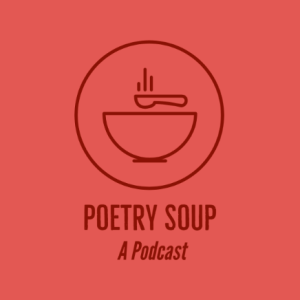View:
Posts by
Transcript:
Hello, and welcome to Poetry Soup! I’m your host, Emma Catherine Hoff. Today, I’m excited to talk about “A Music Sentence,” a poem with an intriguing form by a poet I discovered...
Read More →
Read More →
When Ecláir the sparrow is forcefully shoved into a life in a cage, it is like a storm has come and swept away everything he has ever known. After years of living free in the wild, Ecláir is now ent...
Read More →
Read More →
Write a story based on one of your favorite songs. Include the title of the song at the top of your submission.
Read More →
Read More →
You’re running in a dark forest, the full moon’s light illuminating spots of the ground through the trees. Fallen leaves crinkle under your feet as you sprint mindlessly.
Read More →
Read More →
Episode #4: Try Everything
Transcript:
Hello, my name is Misha Ahmed, and I am your host of this podcast series called ROBOMIND. I know you may be wondering, what does ROBOMIND mean?
Read More →
Read More →
Hello, and welcome to Poetry Soup! I’m your host, Emma Catherine Hoff. Today, I’ll be talking about “Desire for Spring,” by Kenneth Koch.
Read More →
Read More →
Make a reading list for your favorite character. Do they like fantasy, sci-fi, or cozy mysteries? The books don’t even have to exist. Try making up your own titles!
Read More →
Read More →
Recently, I began to learn about octopuses because I wanted to learn more about them. Octopuses are very intriguing creatures, and they are known to be cute and delicate, as well as protective and car...
Read More →
Read More →

